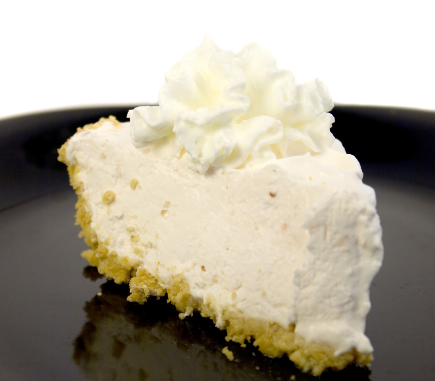![]() Fresh pasteurised cream
Fresh pasteurised cream
Rating : 4
Fresh pasteurised cream is used by the food industry in baked goods, ice cream and other food products.Let's start from a premise: a high value of cholesterol in the human body induces oxidative and inflammatory stress and, at the same time, an increase in endotoxins in the plasma (1). Cream is the fatty part of milk that can increase... (Read the full Tiiip)
8 pts from Ottika12
| Evaluate | Where is this found? |
| "Descrizione" about Fresh pasteurised cream Review Consensus 8 by Ottika12 (1935 pt) | 2023-Mar-20 09:34 |
Fresh pasteurised cream is used by the food industry in baked goods, ice cream and other food products.Let's start from a premise: a high value of cholesterol in the human body induces oxidative a ...
| Read the full Tiiip | (Send your comment) |
Read other Tiiips about this object in __Italiano (1)
Content: Family: Last update: 2023-03-20 09:17:41 | Kcal: 446 Threat factors: |



